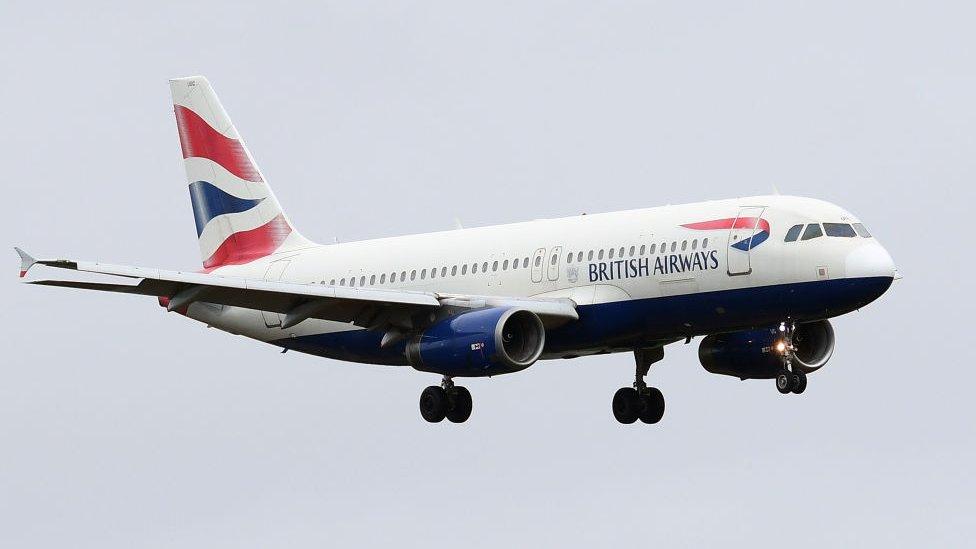Ukraine conflict: What is Swift and why is banning Russia so significant?
- Published
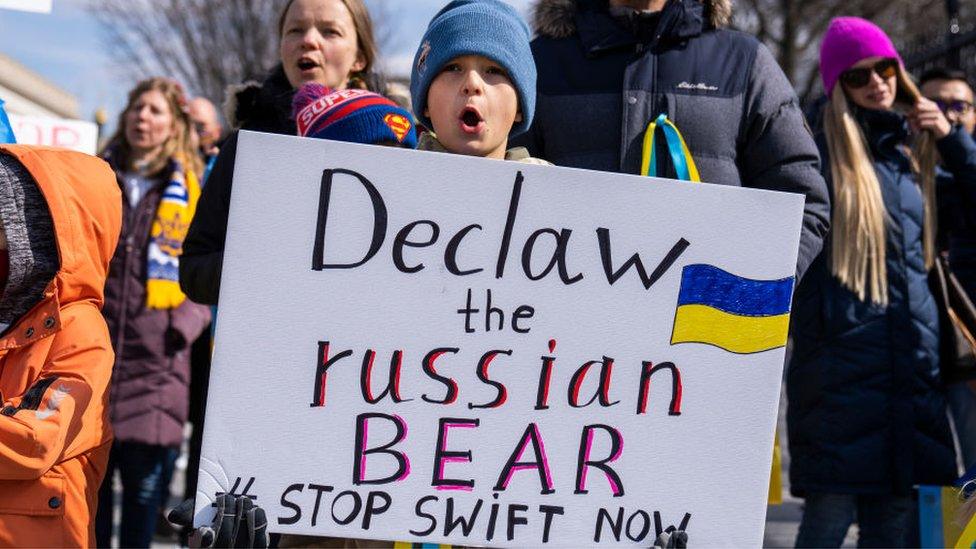
The European Commission has proposed excluding three more Russian banks from Swift, an international payment system used by thousands of financial institutions.
It comes after the EU and its allies suspended seven institutions from the system in March.
The move aims to hit the country's banking network and its access to funds via Swift, which is pivotal for the smooth transaction of money worldwide.
What is Swift?
Swift is the global financial artery that allows the smooth and rapid transfer of money across borders. It stands for Society for Worldwide Interbank Financial Telecommunication.
Created in 1973 and based in Belgium, Swift links 11,000 banks and institutions in more than 200 countries.
But Swift is not your traditional High Street bank. It is a sort of instant messaging system that informs users when payments have been sent and arrived.
It sends more than 40 million messages a day, as trillions of dollars change hands between companies and governments.
More than 1% of those messages were thought to involve Russian payments.
How will banning Russia from Swift affect it?
In March, seven Russian banks were removed from Swift including Bank Otkritie, Novikombank, Promsvyazbank, Bank Rossiya, Sovcombank, Vnesheconombank (VEB) and VTB Bank.
The European Commission now wants to exclude a further three including the country's biggest lender, Sberbank, which accounts for more than a third of Russia's banking sector.
The package still has to be approved by EU ambassadors and is set to be signed off in the next few days.
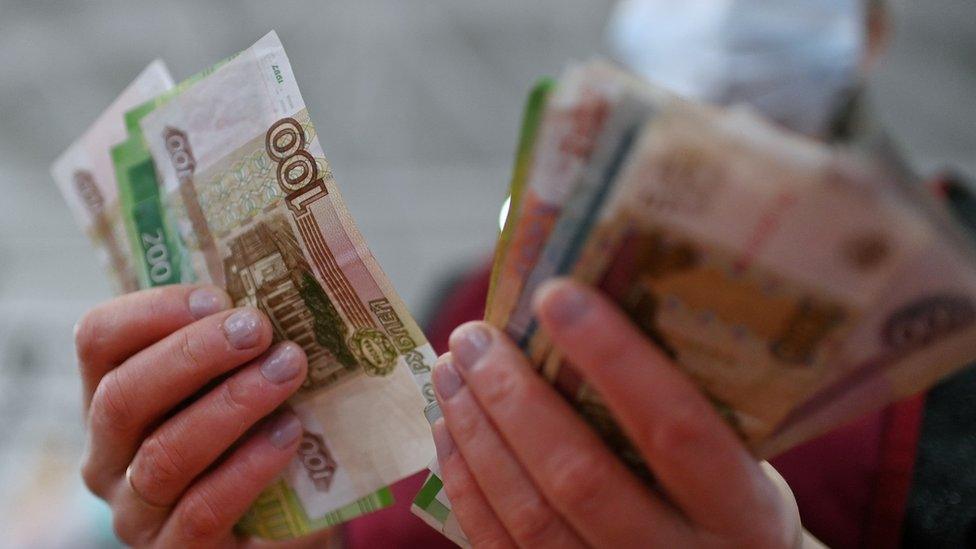
The EU, US, UK and others have said that cutting banks out of Swift will ensure they "are disconnected from the international financial system and harm their ability to operate globally".
The aim is for Russian companies to lose access to the normal smooth and instant transactions provided by Swift, disrupting payments for its valuable energy and agricultural exports.
Banks now have to deal directly with one another, adding delays and extra costs, and ultimately cutting off revenues for the Russian government.
Russia was threatened with a Swift expulsion before - in 2014 when it annexed Crimea. Russia said the move would be tantamount to a declaration of war.
Western allies did not go ahead, but the threat did prompt Russia to develop its own, very fledgling, cross-border transfer system called the System for Transfer of Financial Messages (SPFS) as an alternative to Swift.
Few foreign countries currently use SPFS, but India is reportedly considering a Russian proposal to use it for payments in roubles.
Separately, Moscow is working with Beijing to connect to China's Cross-Border Interbank Payment System (CIPS) - another alternative to Swift which processes payments in Chinese yuan.
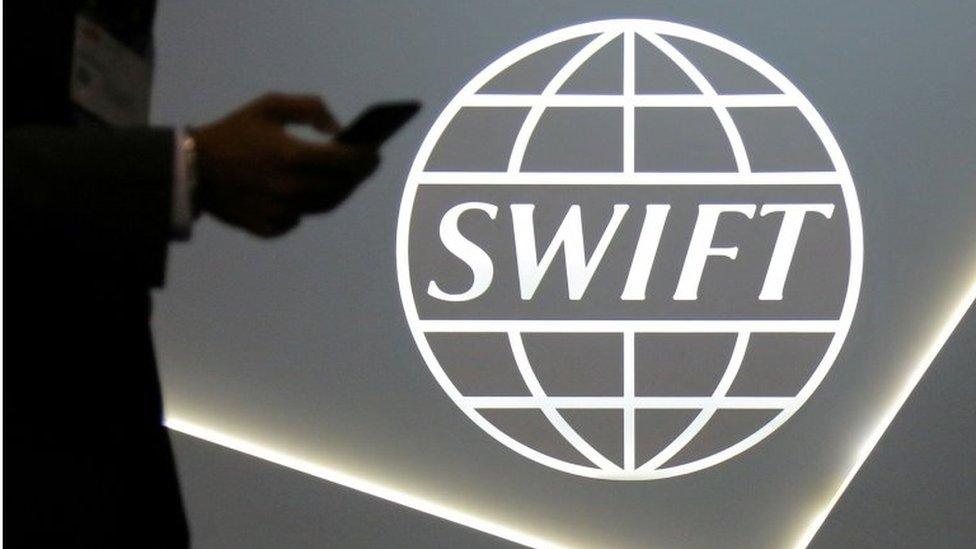
Why was the West divided over Swift?
Some nations - such as Germany, France and Italy - were initially reluctant to take action against Russia's use of Swift.
There were concerns that companies owed money by Russia would have to find alternative ways to get paid.
There were also fears it could impact the global banking system, although there is no evidence of this yet.
Alexei Kudrin, Russia's former finance minister, has suggested being cut off from Swift could shrink Russia's economy by 5%.
However, there are doubts about the lasting impact on Russia's economy, particularly if banks find sustainable ways to reroute payments via countries that have not imposed sanctions.
Who owns and controls Swift?
Swift was created by American and European banks, which did not want a single institution developing their own system and having a monopoly.
The network is now jointly-owned by more than 2,000 banks and financial institutions.
It is overseen by the National Bank of Belgium, in partnership with major central banks around the world - including the US Federal Reserve and the Bank of England.
Swift helps make secure international trade possible for its members, and is not supposed to take sides in disputes.
However, Iran was banned from Swift in 2012, as part of sanctions over its nuclear programme. It lost almost half of its oil export revenues and 30% of foreign trade.
Swift says it has no influence over sanctions and any decision to impose them rests with governments.
- Published7 March 2022

- Published25 February 2022
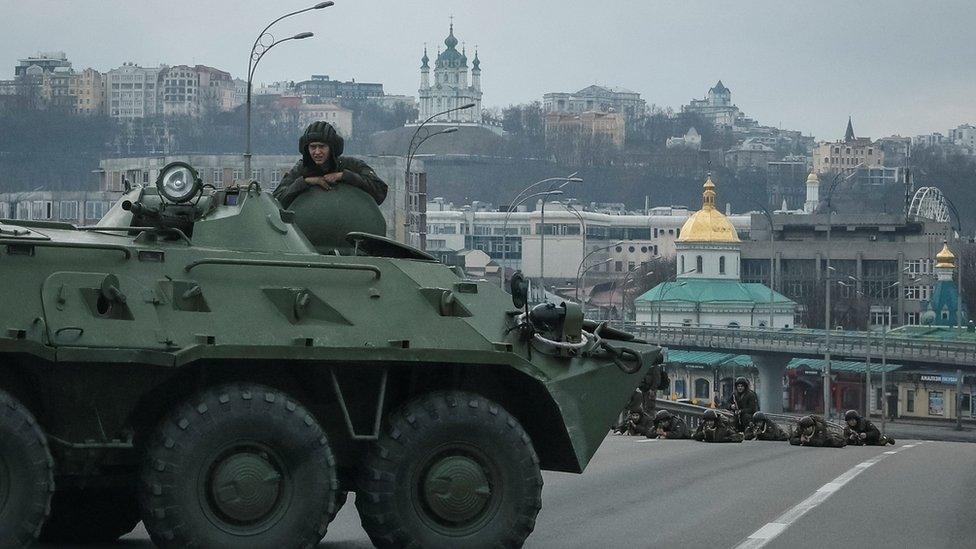
- Published25 February 2022
